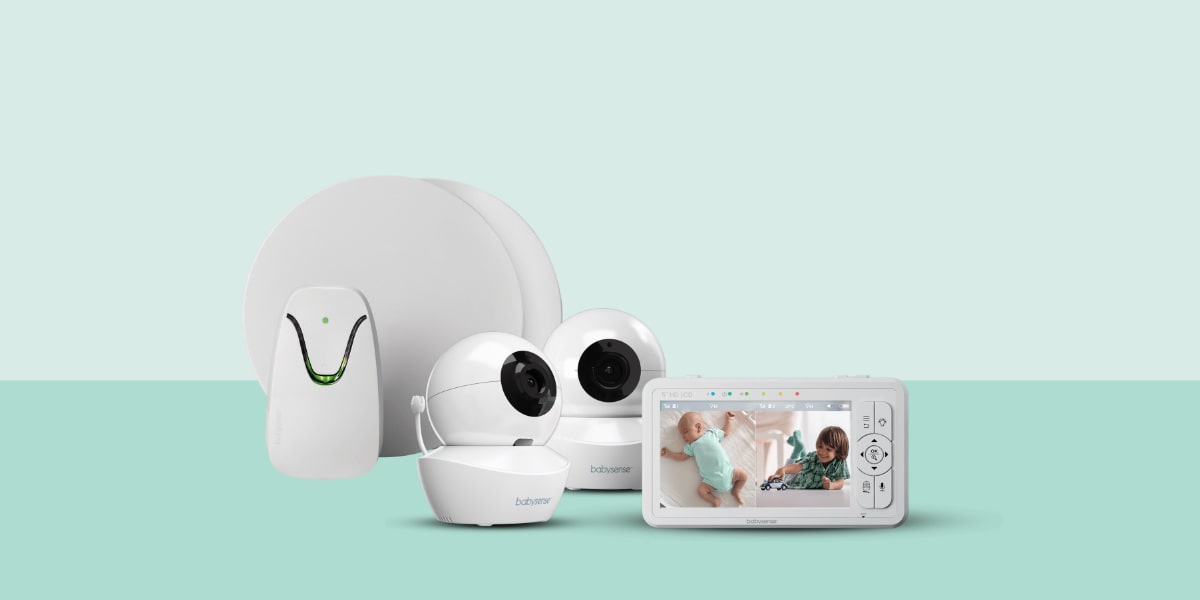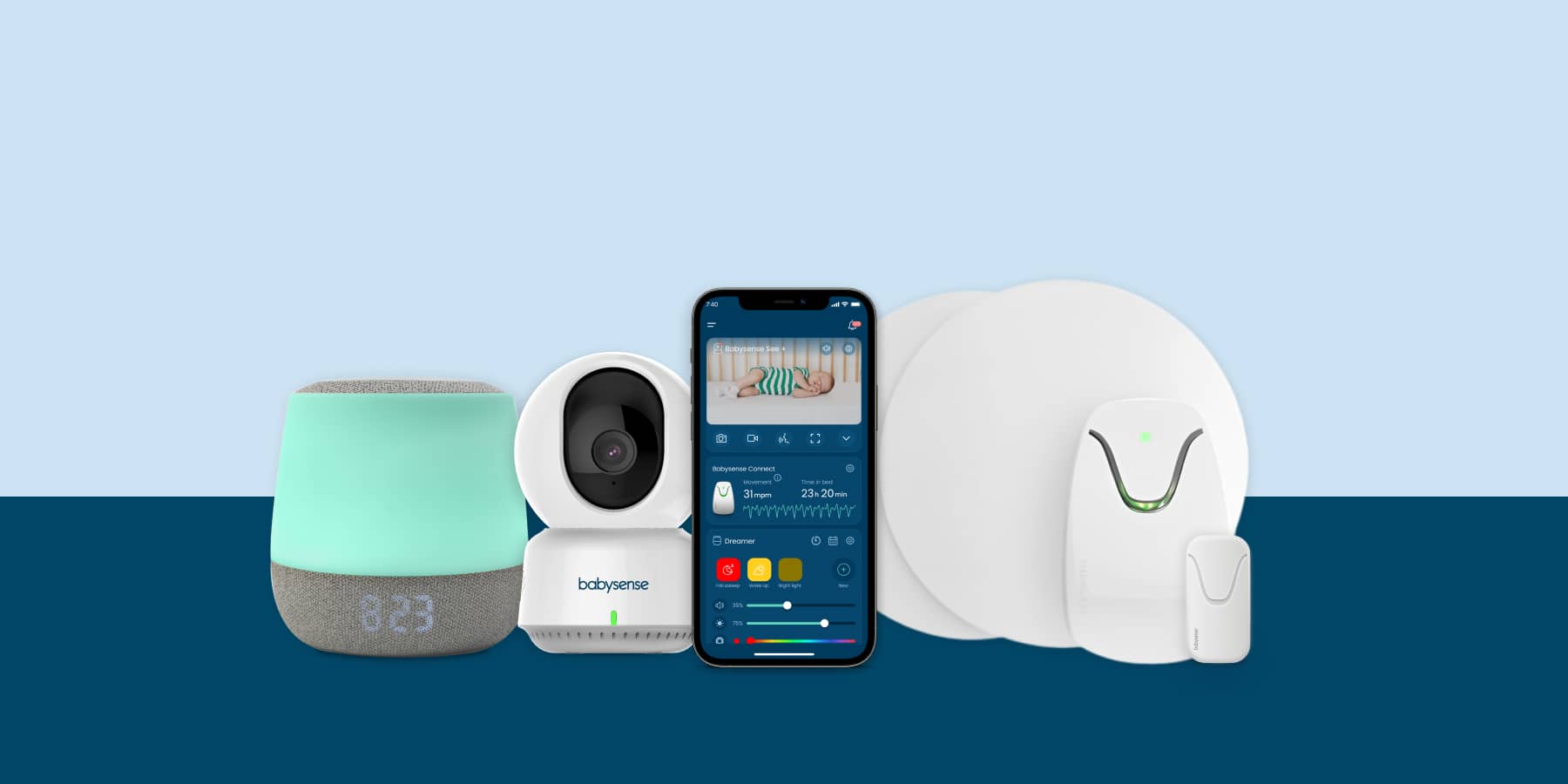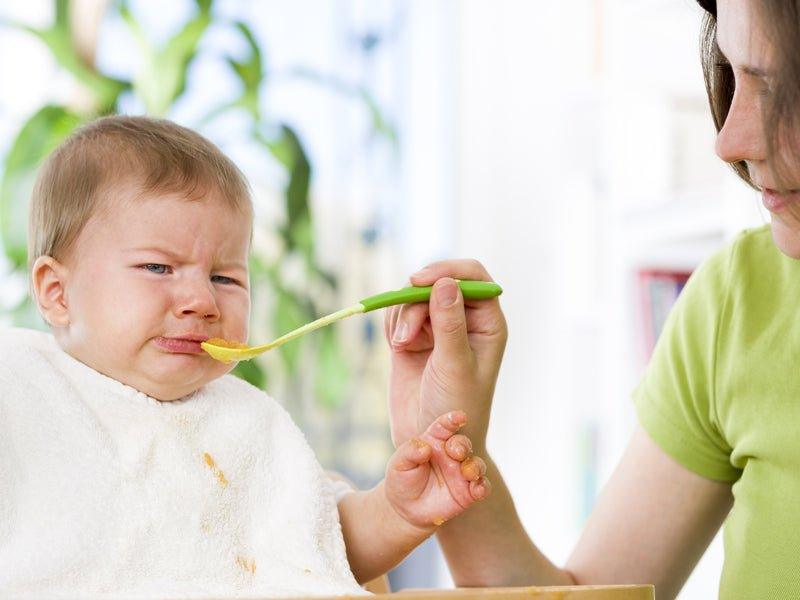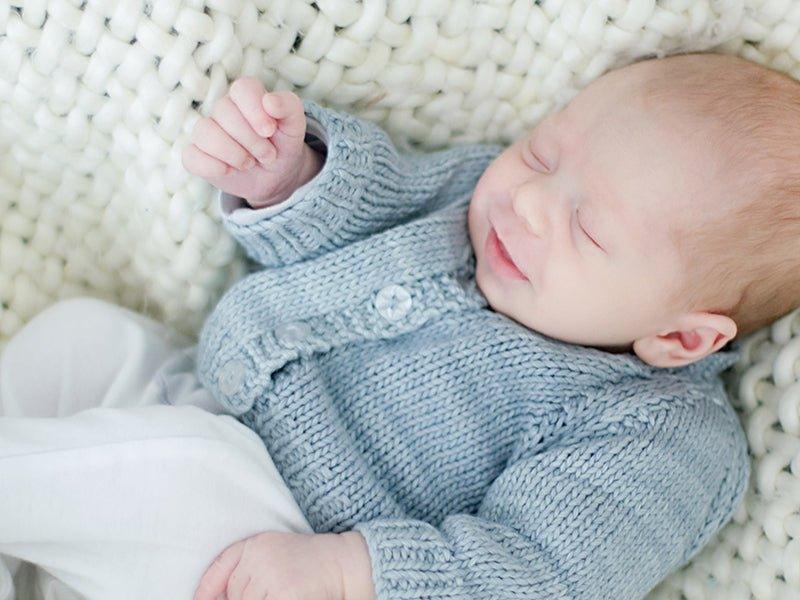Image Source: finds.hellobee.com
Why is it that just when your baby is able to start sleeping through the night, and may in fact, already have started doing so, that teeth decide to make an appearance! Ann Richardson looks at the effects of teething on sleep.
Teething, per se, does not cause a sleeping disorder. Rather accept that when your child is teething, sleep may be disrupted temporarily. Avoid falling into the trap of blaming “teeth” for bad sleeping habits that never seem to go away.
It is important to recognize some important facts about teething, so that you can have a clear understanding of what your child is feeling when he is cutting his precious new teeth.
- Teething, by definition, is when the actual tooth cuts through the gum and appears in your baby’s mouth.
- This may occur anytime from 3 months of age (very unusual) up to 1 year of age. Early teething (in babies younger than about 7 months) usually follows a family history of early teething. Late teething (after one year of age) is also unusual, and also follows a family history. Check with your parents when you cut your first tooth, and invariably, your child will follow suit.
- On average, most babies cut their first tooth at around 7 months of age. However, it is not unusual for your baby to celebrate his first birthday with no sign of teeth!
- This actual “cutting” may be preceded by a period of discomfort (may last weeks) as the teeth settle into the gums and prepare to start pushing upwards. This is usually when your baby drools excessively, and loves to chew and bite down on objects. This period is seldom characterized by fever, loss of appetite and other illness such as diarrhea and ear ache.
- If your baby is 15 months or older with no sign of teeth, consult your Dentist who may want to X ray his mouth to check that his teeth are present.
- Excessive drooling and biting down on objects
- Loss of appetite, especially sucking on the breast or bottle
- A low grade fever, or periods of intense fever
- A red and spotty rash around his mouth
- Nappy rash – may be severe
- Frequent, loose stools
- A runny nose
- Ear ache








